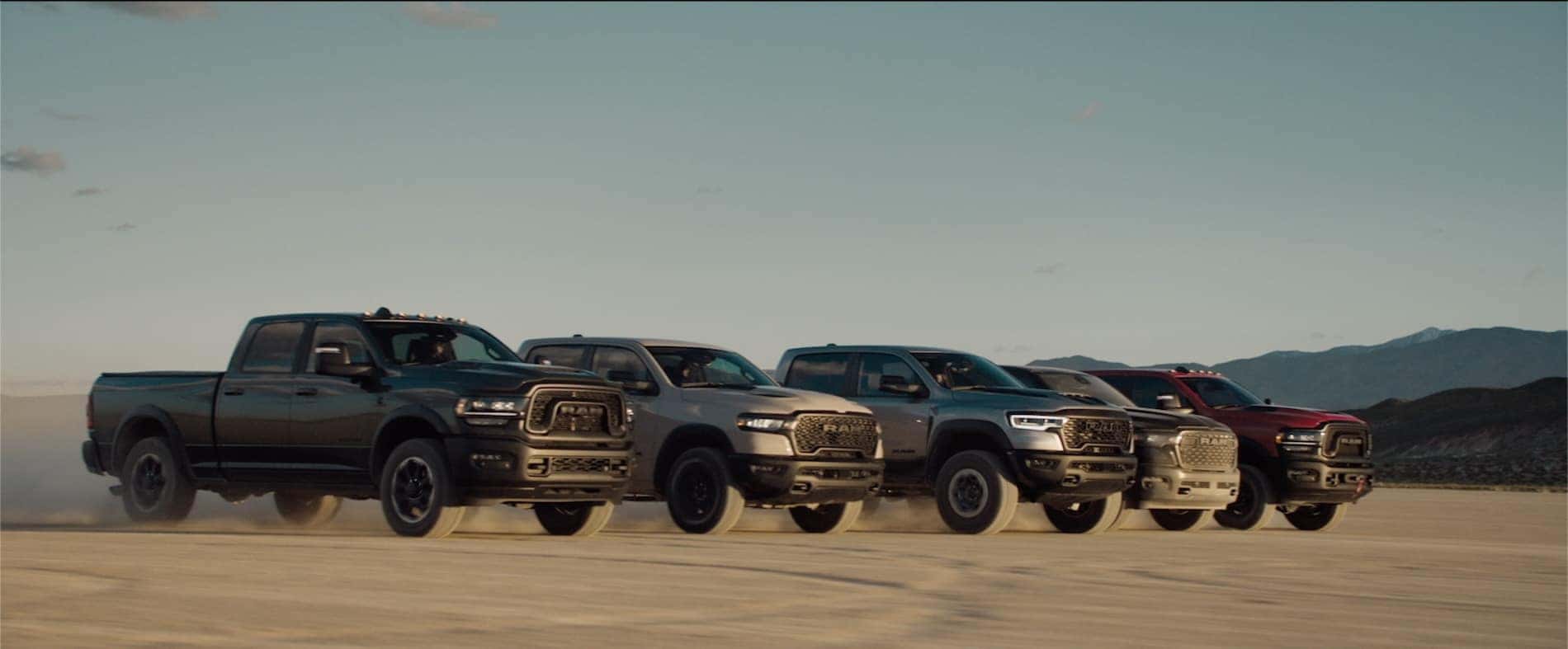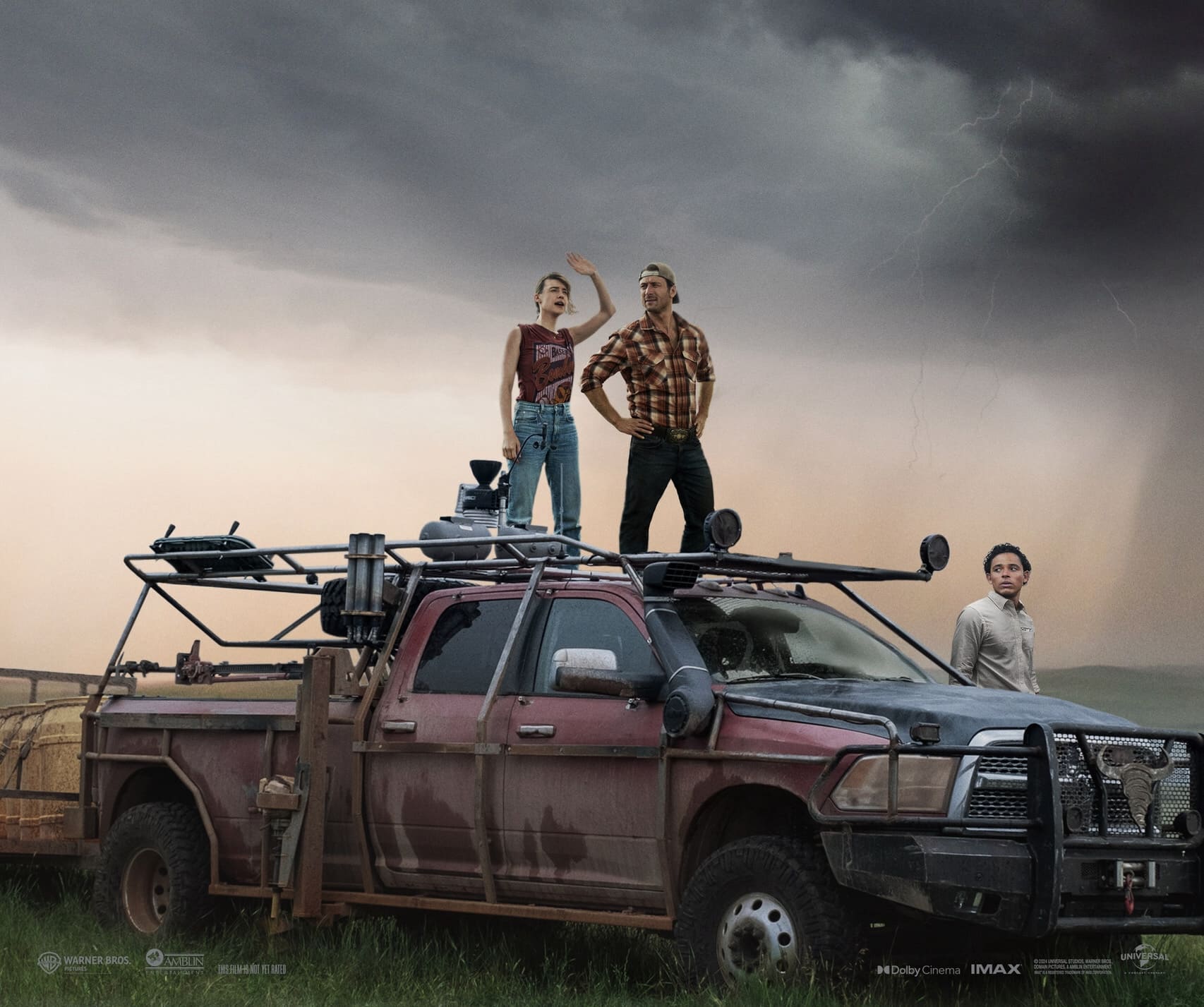How Much Did Ram Pay To Be In Twisters - A Deep Look
When we begin to consider a question like "how much did Ram pay to be in Twisters," the very first thing we might want to do, is that, truly understand the core idea behind the word "much." It's a word we use constantly, yet its full range of meanings and how it shapes our inquiries about quantities, amounts, or even the degree of something, can be quite fascinating. This particular question, you know, immediately brings to mind the concept of a financial exchange, a sum of money, and that's where our exploration of "much" becomes really important.
Our source material, you see, points out that "much" generally conveys a sense of something being quite large in its total quantity, or perhaps its overall amount. It's about the scope, the reach, or the level of something. So, if we're asking about payment, we are, in a way, seeking to grasp the significant size of that particular financial sum. This initial insight really sets the stage for thinking about what a "great quantity" of payment might look like, or what a considerable "extent" of contribution could mean in a situation like this, don't you think?
This discussion isn't about finding a specific number for Ram's payment, because our provided text simply doesn't hold that kind of detail. Instead, it's about breaking down the very language we use to ask such a question. We'll explore the various ways the word "much" works in English, drawing directly from the definitions and examples given to us. By looking closely at how "much" functions, we can gain a better appreciation for the question itself, even if the specific answer about how much did Ram pay to be in Twisters remains outside the scope of our current information. It's more about the linguistic journey, you could say.
- Barry Manilow Commercials
- Who Married Clint Black
- Cheryl Tiegs Fishnet Suit
- Christy Perry Big Bend
- Amanda Perterson
Table of Contents
- Unpacking the Core Question - What Does 'Much' Truly Mean?
- The Nuances of 'Much' in Different Scenarios
- How Does 'Much' Function in Our Language?
- Common Usage Patterns for 'Much'
- With What Kinds of Nouns Do We Use 'Much'?
- The Depth of 'Much' - More Than Meets the Eye
- What About Biographical Details for Ram?
- The Scope of Our Source Material
Unpacking the Core Question - What Does 'Much' Truly Mean?
When someone poses the question, "how much did Ram pay to be in Twisters?", the very first word that jumps out at us, is that, "much." Our source material gives us a pretty straightforward definition to start with: it means something is "great in quantity, amount, extent, or degree." This foundational idea is really important because it tells us that whenever we use "much," we're talking about something substantial, something that has a considerable size or a significant level. So, if we're asking about a payment, we're naturally inquiring about a payment that could be quite large, or at least one that holds a notable value. It's not about a tiny, insignificant sum; it's about something that carries weight, you know?
Exploring the Idea of 'Great Quantity' in How Much Did Ram Pay to Be in Twisters
To truly get a handle on "how much did Ram pay to be in Twisters," we need to spend a little more time with this idea of "great quantity." Our text emphasizes that "much" points to a "large amount or to a large degree." This suggests that the question isn't just about whether a payment was made, but rather the sheer scale of it. Was it a payment that represented a significant financial contribution? Or perhaps, was it a payment that indicated a considerable level of commitment or involvement? The word "much" pushes us to think about the magnitude, the sheer size of whatever it is we are measuring. It's not just a simple yes or no, but rather a request for information about scale, which is pretty interesting, if you ask me.
The Nuances of 'Much' in Different Scenarios
Sometimes, the word "much" can carry a slightly different flavor, especially when we're talking about things that might be excessive. Our source text mentions that "much" can also refer to "a far larger amount of something than you want or need." This adds a subtle layer to our understanding. When we consider "how much did Ram pay to be in Twisters," could the question, in some respects, be hinting at a payment that was perhaps more than expected, or even a bit over the top? It makes you wonder, doesn't it? This particular definition shows us that "much" isn't always just a neutral descriptor of size; it can sometimes imply a sense of surplus or even a burden.
- David Smith Ex Husband Of Susan Smith
- Mary Kate And Ashley Olsen 2025
- Dr Sandra Lee Kids
- Cynthia Erivo Hair Loss
- Caterina Scorsone Pippa
Considering 'Far Larger Amounts' in How Much Did Ram Pay to Be in Twisters
Thinking about "far larger amounts" in the context of "how much did Ram pay to be in Twisters" really opens up the possibilities. It's almost as if the question might be probing whether the payment was not just big, but perhaps surprisingly big, or even disproportionate to what one might expect. Our source material, you see, gives us this little hint that "much" can describe something that's not just a lot, but a lot *more* than necessary. So, when we hear "how much," we're not just looking for a number, but perhaps trying to gauge if that number falls into a category of being unusually large, or maybe even a bit excessive. It's a way of expressing a kind of surprise or curiosity about the scale of things.
How Does 'Much' Function in Our Language?
It's important to recognize that "much" isn't just a single-purpose word. Our text clarifies that "much is used as an adjective or adverb, but it always means a large quantity, extent, or degree." This means it can describe a noun, like "much money," or it can modify a verb or an adjective, like "it hurts very much" or "very much appreciated." So, when we ask "how much did Ram pay to be in Twisters," we're using "much" in a way that seeks to quantify the payment, treating it as an amount or degree. It's pretty versatile, actually, how it can shape the meaning of a sentence depending on where it sits.
The Role of 'Much' as an Adjective or Adverb in How Much Did Ram Pay to Be in Twisters
Understanding "much" as both an adjective and an adverb helps us grasp the full scope of the question, "how much did Ram pay to be in Twisters." When it acts as an adjective, it directly describes the quantity of the payment. When it acts as an adverb, it might describe the degree to which something happened, like how intensely Ram wanted to be involved. Our source material gives an example: "When something hurts very much, it's very painful." This shows how "much" can intensify a feeling or a state. So, in our question, "how much" is asking about the extent or the intensity of the payment, not just a simple numerical value. It's about the degree of the financial outlay, you know, the full measure of it.
Common Usage Patterns for 'Much'
Interestingly, our source material points out a common pattern in how we use "much" in everyday conversation. It says, "In positive contexts,
- Ddg And Halle Baby
- Susan Boyle Today 2024
- Does Don Jr Drink
- Below Deck Nathan And Gael
- Roger Federer Children 2024

Ram Teams Up With Twisters For Ad Campaign - Backfire News

Ram Partners with Universal Pictures for "Twisters" Release | Keller

Ram Truck Brand to Launch New Global Marketing Campaign for “Twisters